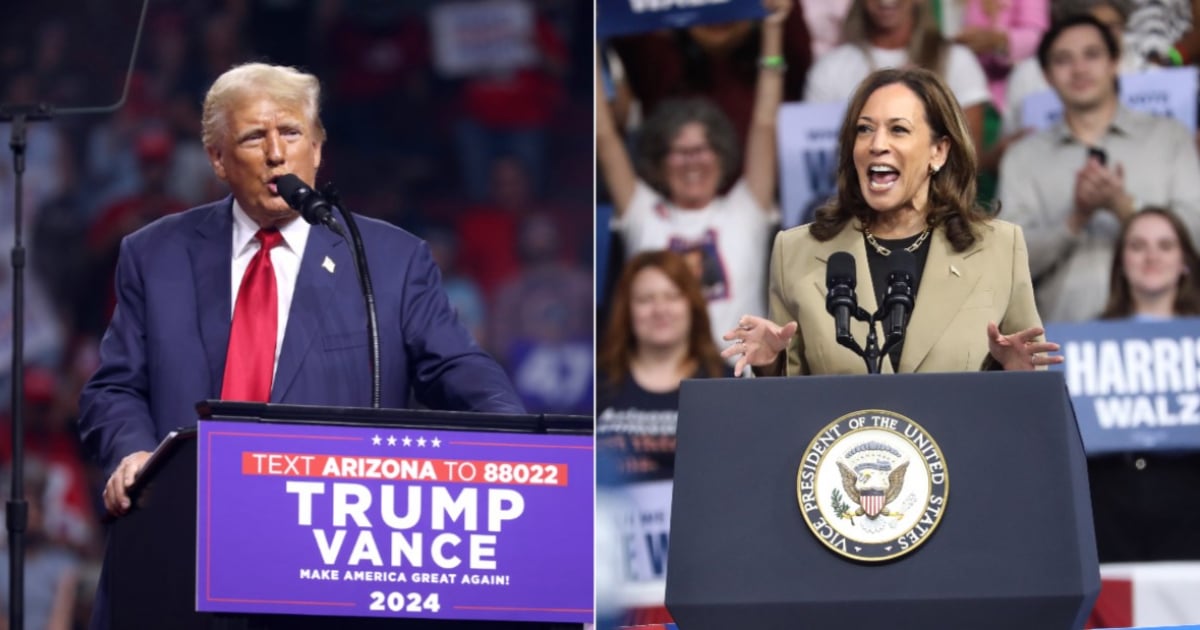On November 5, 2024, Americans flock to the polls to make a choice between Democrat Kamala Harris and Republican Donald Trump. This election has captured international attention and deeply divided voters across the United States. It's shaping up to be one of the most fiercely contested and pivotal elections in the nation's history. The outcome will not only shape the future of the U.S. but also have global implications.
In Dixville Notch, New Hampshire, the first town to cast votes in the U.S. since 1960, the election day kicked off with a surprising tie between Trump and Harris. Each candidate received three of the six votes cast at the stroke of midnight. This small town, renowned for symbolically launching the election, mirrored the intense competition of this race. While its results aren't decisive, its tradition often hints at broader national trends.
The Significance of Early Voting in the U.S. Election Process
As in every election cycle, millions of Americans have exercised their right to vote early or by mail. As of this Tuesday, over 78 million votes have been cast across 47 states and the District of Columbia. The heated campaigns and divided opinions have driven many voters to participate actively. However, it is anticipated that the vote counting process will be lengthy, and the winner may not be immediately declared once the polls close.
American elections are traditionally held on the first Tuesday following the first Monday in November, with several key milestones leading up to the inauguration of the new president on January 20, 2025. After the elections, the Electoral College will convene in December to cast the official votes, and Congress will certify the final result on January 6, 2025. This detailed and extended process underscores the complexity of the U.S. electoral system, which aims to balance the popular vote with the states' vote in the Electoral College.
The Intense Battle Between Kamala Harris and Donald Trump
The 2024 election has been remarkable from the start. Following Joe Biden's withdrawal after a lackluster June debate performance, Harris took on the Democratic nomination, facing Trump in a single September debate. During this exchange, Harris presented a moderate, focused approach, contrasting sharply with Trump's aggressive and controversial style. A CNN poll revealed that 63% of viewers believed Harris won the debate, while the business mogul garnered support from only 37% of the audience.
The debate results provided a significant boost for Harris, whose candidacy has maintained moderate yet steady support in the polls. The latest Des Moines Register-Mediacom poll, conducted from October 28 to 31, places Harris at 47% compared to Trump's 44%. However, with a margin of error of 3.4 percentage points and Trump's historical ability to defy predictions in key states, the atmosphere remains uncertain.
Election Day Uncertainty and Potential Surprises
Election Day in America arrives amid high uncertainty, with the nation deeply divided and fierce competition between the candidates. Harris aims for a moderate approach, seeking to solidify a shift in the White House while continuing Biden's legacy. Meanwhile, Trump relies on the steadfast support of a Republican base that views him as a strong and determined leader eager to reclaim his spot in the Oval Office.
The 2024 elections represent not only a chance to determine the political direction of the U.S. but also a reflection of the ongoing tensions and divisions affecting the country. The world watches closely as Americans decide their next leader, and any outcome could bring surprises in this tightly contested race.
